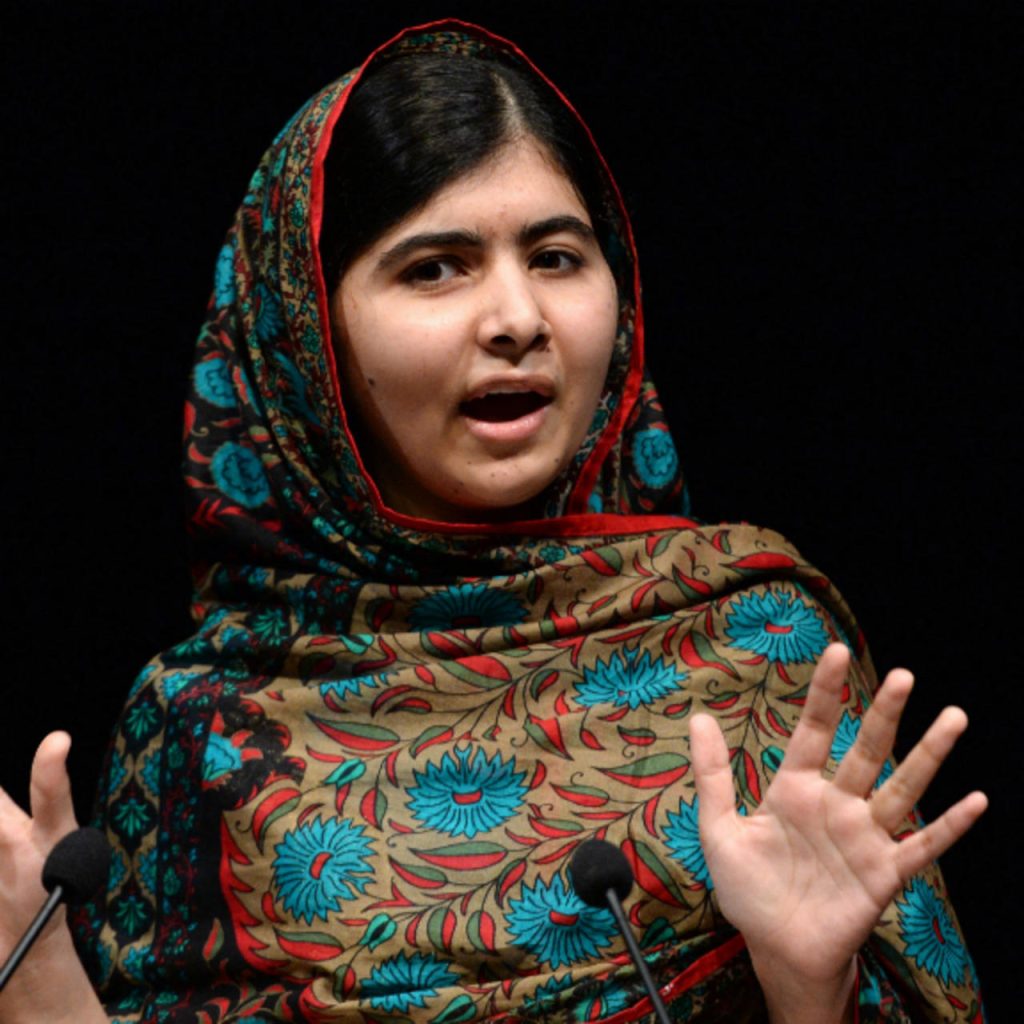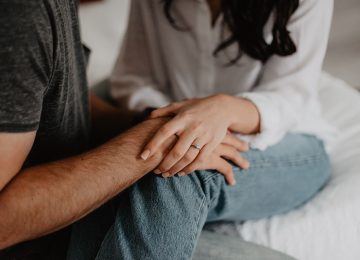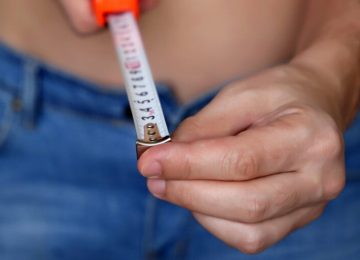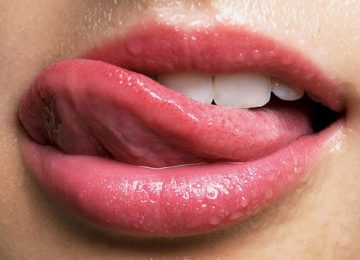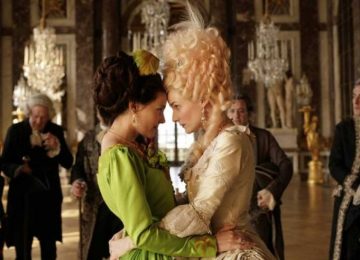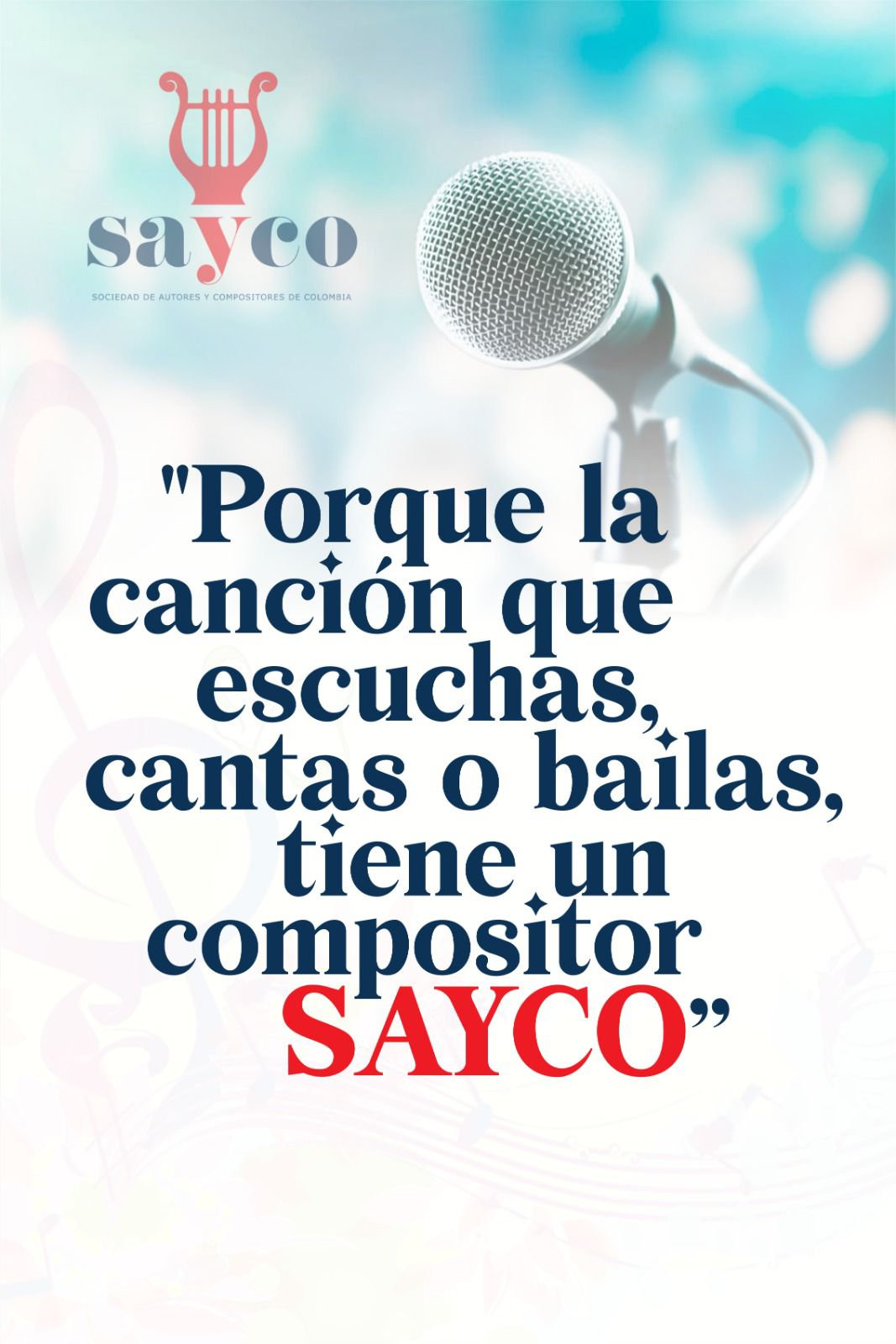March 8 was commemorated as International Women’s Day, and although today it is a date that is more commercially celebrated, it went from a day to a month.
The road taken has been slow but sure because women today stand out in roles that were previously only achieved by men such as: heads of state, ministers, military and professionals in all areas, social, cultural, economic, scientific or artistic.
This month #sinrecato will highlight three women: one at a global level, one at a national level and one at a local level. The choices were random, we will highlight their qualities that have changed thorns for roses to achieve equality in rights.
Malala Yousafzai
This young blogger and human rights activist was born on July 12, 1997 in Mingora, Pakistan.
On October 9, 2012, at the age of 15, Malala was the victim of a Taliban attack in which she almost died from a gunshot to the head for defending the education of Pakistani girls through her blog.
The extremist group justified the attack because they had banned girls from attending school. The events occurred when the young girl was leaving her classes, was on the bus on her way home and was shot and two of her classmates were also injured.
Days later, Malala was transferred to England with a severe head injury. After several months of medical interventions and treatment, she recovered at the Queen Elizabeth Hospital Birmingham.
In February 2013, she continued her studies in England and in June of that year, after the attack, she gave an inspirational speech to 500 people at the United Nations in New York.
That day was called “Malala Day”, it was her first speech after the attack. She humbly stated, “Malala Day is not my day. Today is the day of every woman, every child and every girl who has raised their voices for their rights”.
“Women and children are suffering in many parts of the world. Poverty, ignorance, injustice, racism and deprivation of basic rights are the main problems they face”.
In defense of the right of girls to be educated, she said: “One child, one teacher, one book and one pencil can change the world. Education is the only solution. Education first”.
After telling the attack in which she was a victim, she expressed in an energetic voice: “One time we asked activists to defend our rights. This time we are defending them ourselves. We call on our sisters around the world to be courageous to embrace the strength within them and realize their full potential. Let’s take our books and pencils, our most powerful weapons”.
At 16 years old, she published her book “I am Malala,” a work that is not about her, but the story of a family affected by terrorism and their struggle for girls’ education.
The story is about a father who encourages his daughter to write and go to school, in a society where education for women was denied and only boys were privileged. Her book highlights courageous parents who love their daughter above everything else.
In 2014, at the age of 17, the activist became the youngest Nobel Peace Prize winner in history, an award she shared with Kailash Satyarthi, also an activist against child labor in India.
After the attack, the young woman stayed with her family in Birmingham, England and continued with her studies and activism.
Malala said: “The best way to fight against terrorism and for education is through politics. That’s why I chose it, because a doctor can help a community, but a politician can help a whole country”.
In 2020, a 23-year-old Malala graduated with a degree in Philosophy, Politics and Economics from Oxford University in England.
“I don’t know what’s in store for me. For now, it will be watching Netflix, reading and sleeping”, she said quietly.
Traducción del español: Catalina Oviedo Brugés


